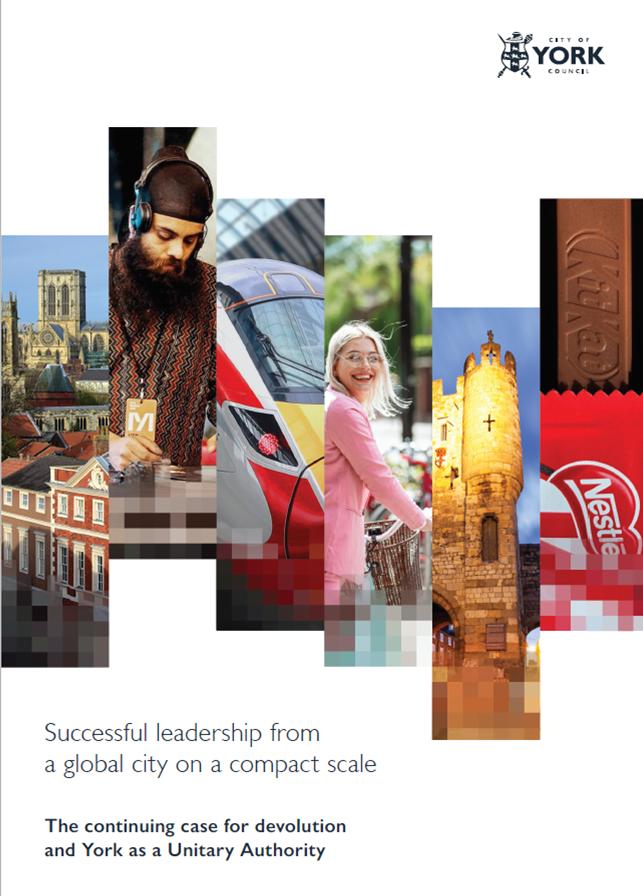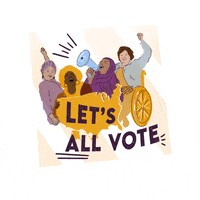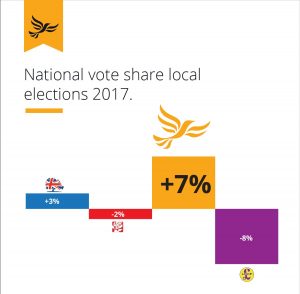
The York Council is asking residents to support them by making representations to the government about a possible local government reorganisation.
They have point about unnecessary change being debilitating at a time when all resources should be focused on the recovery from the health crisis and the possible downside from BREXIT.
Most attention is focused on Council boundaries. The biggest threat to accountability is however posed by the introduction of a Mayoral position covering the whole of York and North Yorkshire.
Local government reorganisations in 1973 and again in 1997 were debilitating with new structures and personalities taking many years to come to terms with roles, geographies and priorities. The post reorganisation periods were not ones that will be recorded in history for dynamic and decisive decision making. Rather they were periods where individuals and political parties jockeyed for position and advantage.
We now enjoy a settled structure with which everyone is familiar if not universally comfortable.
Some will say that there is no right time for system reform. That may be true.
But there is certainly a wrong time and we are clearly in the middle of it.
There has been little debate about the powers and responsibilities of an elected Mayor. While the achievements of the, hitherto largely urban, mayors attract mixed reviews, few argue that the system gives the average person any greater say over decisions affecting their local community.
The system is untested in a predominantly rural area of the size of North Yorkshire. The nearest parallel we have is the directly elected Police, Fire & Crime Commissioner. Turnout in the elections for that post was only 23%. There was no mandate for the creation of the position and therefore people have not engaged with it. The underlying concern – absolute power corrupts absolutely – although an exaggeration in this case clearly has some relevance with many PFCC and Mayors displaying, after a few years, a tendency towards directional rather than consensus government. For this reason, the NYPFCC was eventually discarded by her own party and clings to power only because of the pandemic which caused elections to be suspended.

For that reason we hope that any move towards creating a Mayoral post will be subject to a referendum of those living in the area.
They should be given a chance to choose between the change and the status quo.
That would be in line with the government’s stated intention to apply the principle of subsidiarity to local decision making and not to impose change on an unwilling community.
NB. In the period up to October 2016, there had been 53 referendums on the question of changing executive arrangements to a model with a directly elected mayor. Of these, 16 resulted in the establishment of a new mayoralty and 37 were rejected by voters



